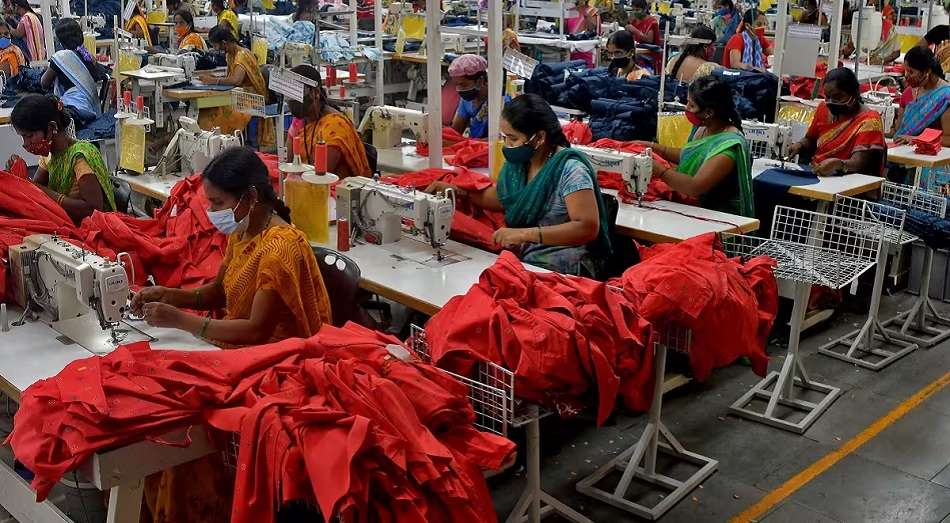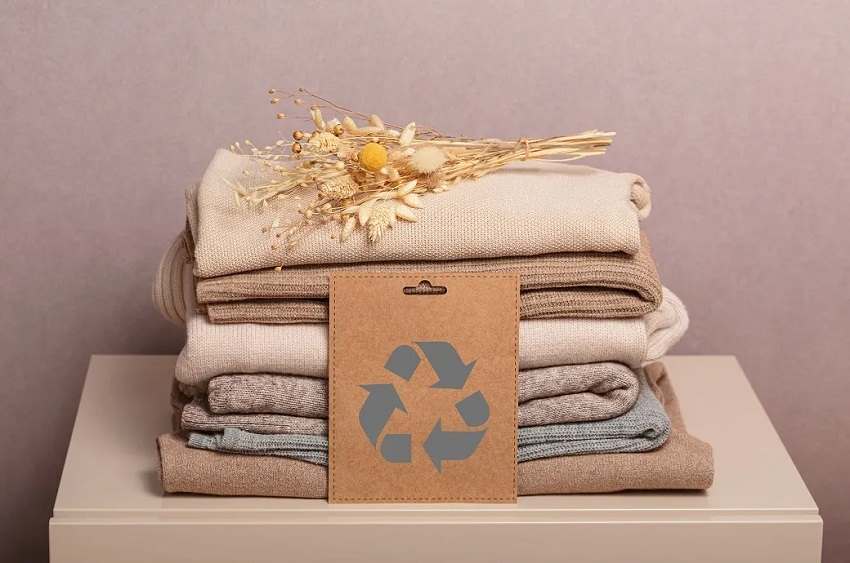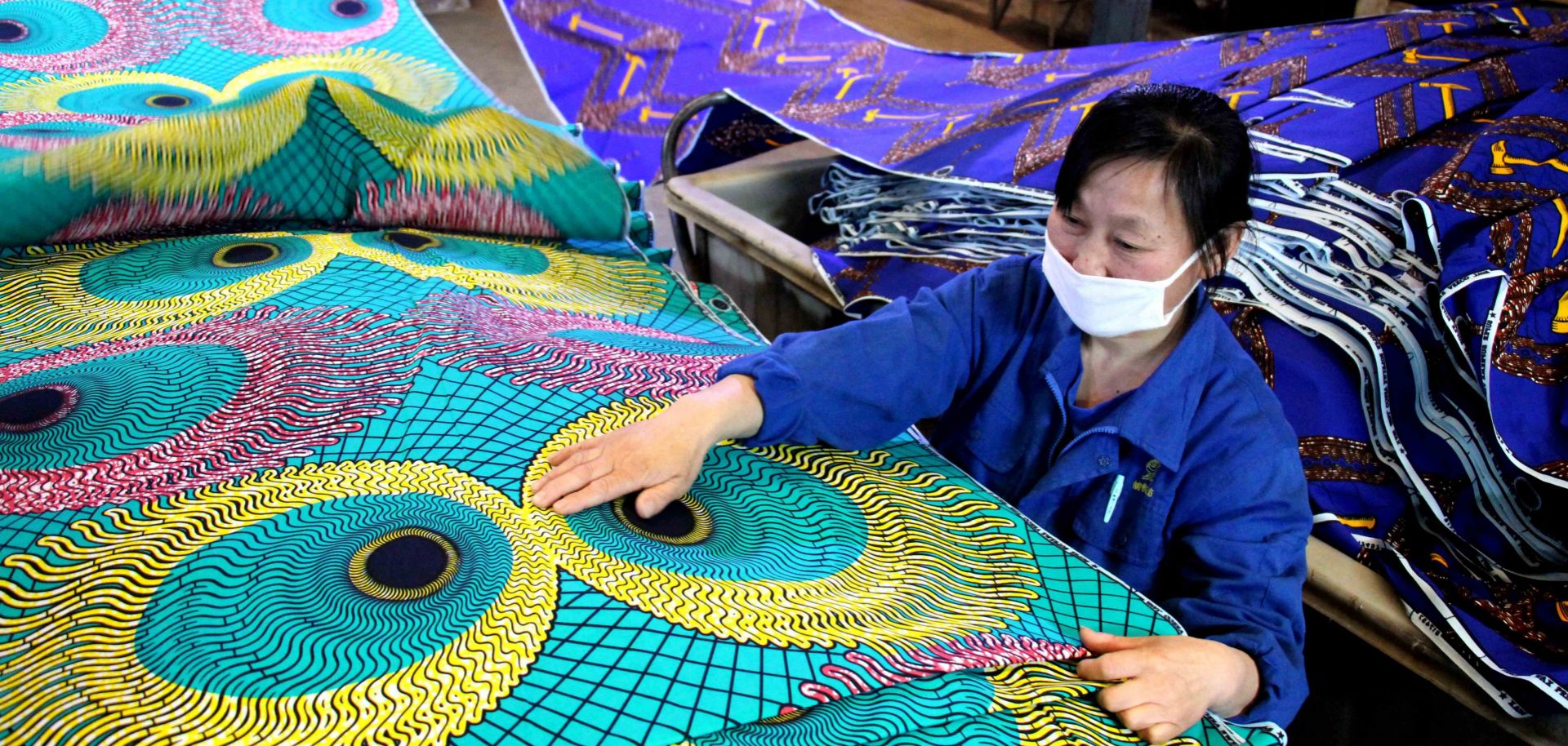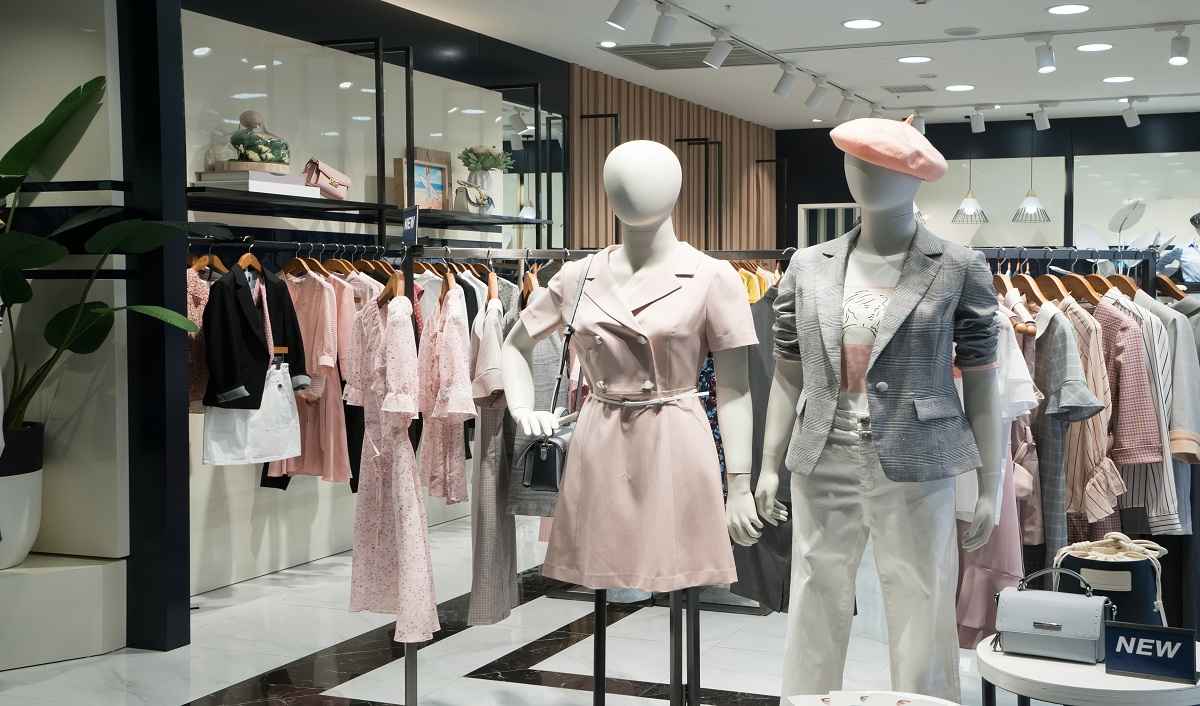At the inauguration of the first medical university in the country, over 20 investors from Uzbekistan announced investments in the textile sector and various other sectors of Pakistan. As per a Daily Times report, Uzbekistan would provide technical assistance to increase cotton production in Punjab.
Uzbekistan will also help Pakistan increase its cotton production in Punjab. It will create new special economic zones for domestic and foreign investors. ShavkatAbdurazzakov, Governor, Namangan Province, said any investor investing in other sectors including textiles in Punjab will work same as they do in their own country.
End-of-season fashion platform, Otrium has been named the British Fashion Council’s newest patron and has joined the Science-Based Targets project (SBTi).
As per a Textile Value Chain report, as a patron, Otrium will assist the British Fashion Council (BFC) in delivering significant and impactful programs that will benefit the industry as a whole. The platform will specifically assist the BFC in developing plans for more sustainable business practices, as well as how fashion businesses report their environmental, social, and corporate governance (ESG) progress and credentials.
Milan Daniels, co-CEO and co-founder of Otrium, will also join the BFC’s Industry Advisory Board as part of the patronage to oversee, assist, and advise on major industry concerns.
Otrium joins the British Fashion Council’s existing 36 patrons, which include Depop, Farfetch, Yoox Net-A-Porter, Burberry, and Chanel.
Otrium was created to address the fashion industry’s unsold inventory problem by providing fashion labels with an online outlet channel as well as the digital technologies needed to intelligently link their end-of-season collections with fashion fans.
Fashion for Good is calling for industry stakeholders within the Indian textile suppliers and garment manufacturers to volunteer crucial information for an ambitious project to map the Indian textile waste landscape. The survey will collect data and resources vital to obtaining real-world estimates beneficial to mapping the landscape and successfully testing innovative technologies that are best placed to address the challenge of textile waste.
Fashion for Good launched the Sorting For Circularity India consortium project to understand the pre-consumer textile waste streams in India, and to trial sorting and mapping solutions. Together with industry players adidas, Levi Strauss & Co., PVH Corp., Arvind Limited, Birla Cellulose, Welspun India, and key technology partner Reverse Resources the project aims to build an infrastructure towards greater circularity in the years to come.
Messe Frankfurt and Inexmoda have jointly launched Heimtextil Colombia, a new trade show for the Americas in Medellin, Colombia, South America. Messe Frankfurt, owner of Heimtextil has licensed the event to Inexmoda, the Latin American Fashion institute creator of the most successful textile and fashion trade shows for this market.
Heimtextil Colombia will cover the Americas which represent a high potential in the world market. Messe Frankfurt and Inexmoda are targeting Colombia as a business platform for the home, furnishings, hospitality business, and further textile related products that will gather both top of the line exhibitors, and professional buyers from the region. The development of tourism and mobility in the Americas has driven a surprising increase in the demand of hospitality services and boosted construction rates, which creates new opportunities for companies and professional buyers in these categories, who will be able to meet at Heimtextil Colombia.
In 2021, Japan's textile and apparel imports declined by 4.7 per cent to 3646.3 billion yenfrom the same period in the previous. However its apparel imports increased by 2.2 per cent to 2602.9 billion yen.
As per a CCF Group report, the total import value of Japan' s textile and apparel from China declined by 4.8 per cent to 2120.4 billion yen in 2021 The imports from China increased by 7.2 per cent year-on-year to 1519.1 billion yen.
In the last 20 years, Japan’s wholesale and retail sales of clothing have declined to a large extent. Depressed consumption of textile and apparel has affected its imports over the years.
German Institutes of Textile and Fiber Research Denkendorf (DITF) has bagged the ‘Cellulose Fibre Innovation of the Year’ award. The DITF were nominated during the “International Conference on Cellulose Fibres 2022”, which took place in Cologne from 2 to 3 January.
For the second time, the nova Institute for Ecology and Innovation honored outstanding scientific research that provides sustainable solutions for the cellulose fibre value chain at the “International Conference on Cellulose Fibres 2022”. With the topic “Carbon Fibres from Wood”, the DITF Denkendorf presented itself in the middle of a current research field that provides resource-saving alternatives to fossil-based fibres.
The conference is an international forum for the development of new cellulose fibres and materials and their manufacturing processes. Exhibitors include leading fibre manufacturers; participants come from thirteen countries. The six competitors nominated for the award presented themselves with products that combine sustainable production processes with new technologies and applications to form cellulose-based materials.
In its final evaluation ended December 31, 2021, The Dutch Agreement on Sustainable Garments and Textile (AGT) took significant steps towards a sustainable garment and textile sector. Under the agreement, companies received advice, tools and training to help them set up and implement their policy. The aim was to analyse risks, improve working conditions, prevent pollution and promote animal welfare in production countries. Achieving substantial improvements in the garment and textile supply chain will require time and effort beyond the agreement period, however.
The independent final evaluation was carried out by KIT Royal Tropical Institute. KIT concludes that the AGT has set up an important multi-stakeholder structure that facilitates a collective approach to complex issues in the supply chain. The AGT steering committee has formulated a response to KIT’s conclusions.
KIT states that it was limited in its ability to assess the impact of the AGT on the supply chain or production countries, because the focus of its analysis was in the Netherlands and on the agreement itself and the participating companies. The data for the final evaluation came from in-depth interviews with stakeholders, a survey among the participating companies and an analysis of the due diligence reports that the companies were obliged to submit annually under the terms of the agreement. No field studies were carried out in production countries.
The market for pure wool is expected to grow at a 5.5 per cent CAGR to $32.2 billion by 2026-end. Growth will be driven by factors like increasing urbanization, constant changes in lifestyle, changing styles and trends. Moreover increase in demand for warm clothing and blankets from cold regions is also expected to boost demand in the pure wool market.
The sheep wool segment held largest share of more than 30 per cent in 20202 pure wool market. Woven wool segment grew at 4.15 per cent CAGR from 2021-26. Woven wools are light weighted and soft wool fabric in plain weave. They can come in various designs and forms and can be used for a wide range of purposes such as casual clothing, covers for furniture and work clothing.
Asia-Pacific region held the largest share of 40 per cent in pure wool market in. The major exporters of wool fabric are from Asia Pacific region, namely China, South Korea and Japan. According to International Wool Textile Organization, China accounted for 21.1 per cent of world exports of wool fabric in the year 2019, Japan accounted for 4.1 per cent and South Korea accounted for 2.5 per cent.
According to the Australian Wool Exchange, prices increased 21.95 per cent since the beginning of 2021. As per Australian Wool Innovation, wool prices increased 0.57 per cent on July 16, 2021, decreased by 1.03 per cent on July 9, 2021, and increased by 2.5 per cent on June 18, 2021. This volatility and fluctuation in prices is majorly impacting growth of pure wool market.
Despite rising prices, India recorded a 79.64 per cent rise in revenues from cotton yarn exports to $4.69 billion in 2021, shows latest official data. As per a Apparel Resources report, India’s cotton yarn exports to Bangladesh increased 162.25 per cent to $1.72 billion in 2021. This was followed by exports to China which totaled $949.90 million during the year.
Fluctuating China-India relationship failed to affect the export of India’s cotton yarns to China. India’s cotton yarn exports to Portugal also increased by 62 per cent to $210.79 million in 2021. Other countries India increased its cotton yarn exports to include Vietnam, Egypt, Peru, South Korea, Turkey, Colombia, Sri Lanka, Guatemala, Germany, Italy, Jordan and USA, etc.
Bangladesh’s apex garment makers’ association, BGMEA has launched an initiative to help member factories, interested in working with European buyers, to get their factories inspected by the Readymade Garment Sustainability Council or RSC. BGMEA recently sent out letters to member factories directing them to share profiles of respective units to be audited under the RSC program.
The consortium of EU buyers, Accord on Fire and Building Safety in Bangladesh conducted fire, electrical and structural safety in the factories and handed over the responsibilities to RSC after its termination. As per BGMEA, more than 1,200 apparel factories were listed under the RSC following which the council took over the charge of the Accord’s work in Bangladesh in June 2020.
- 1
- 2
- 3
- 4
- 5
- 6
- 7
- 8
- 9
- 10
US Cotton: Shifting dynamics amidst reciprocal tariffs and quality advantages
The US has long held a dominant position in the global cotton market, thanks to its reputation for producing high-quality... Read more
India’s textile and apparel industry sees mixed fortunes in FY25: Wazir Indices
India’s textile and apparel sector showed mixed results in FY25, with growth momentum visible in sales but profit metrics showing... Read more
UK charts course for circular fashion leadership with new CFIN roadmap
A new landmark report released by the Circular Fashion Innovation Network (CFIN) outlines major strides and a comprehensive roadmap for... Read more
The Unseen Cost of Fashion Returns: Undermining sustainability efforts
Fashion brands are increasingly vocal about their commitment to sustainability, proudly unveiling initiatives centered on recycled polyester, reduced water consumption... Read more
China's Luxury Crossroads: Consolidation or retreat for global giants?
For years, China has been the undisputed El Dorado for global fashion and luxury brands. A growing middle class, with... Read more
Fashion for Good and Arvind unveil Future Forward Factories in India to cut text…
Fashion for Good and Arvind Limited have launched the Future Forward Factories India initiative, a major push to reshape the... Read more
The Scope 3 Challenge: Unpacking the elephant in the emissions room
In the escalating global focus on combating climate change, businesses are under pressure to account for their carbon footprint. While... Read more
Right Size, Right Impact: Personalized fit weaving a sustainable future for fash…
With growing environmental consciousness, the fashion industry, long criticized for its detrimental impact, is looking for new and innovative ways... Read more
From Runway to Retail Shelf: Why fashion needs a dose of FMCG discipline
The fashion industry, often lauded for its artistry and emotional appeal, stands at an intriguing crossroads. While it captivates with... Read more
Global Sourcing Expo spotlights Australia's sustainable fashion growth amid supp…
Australia's demand for sustainable fashion is reaching new heights, driven by increasing consumer awareness and a rising wave of conscious... Read more












